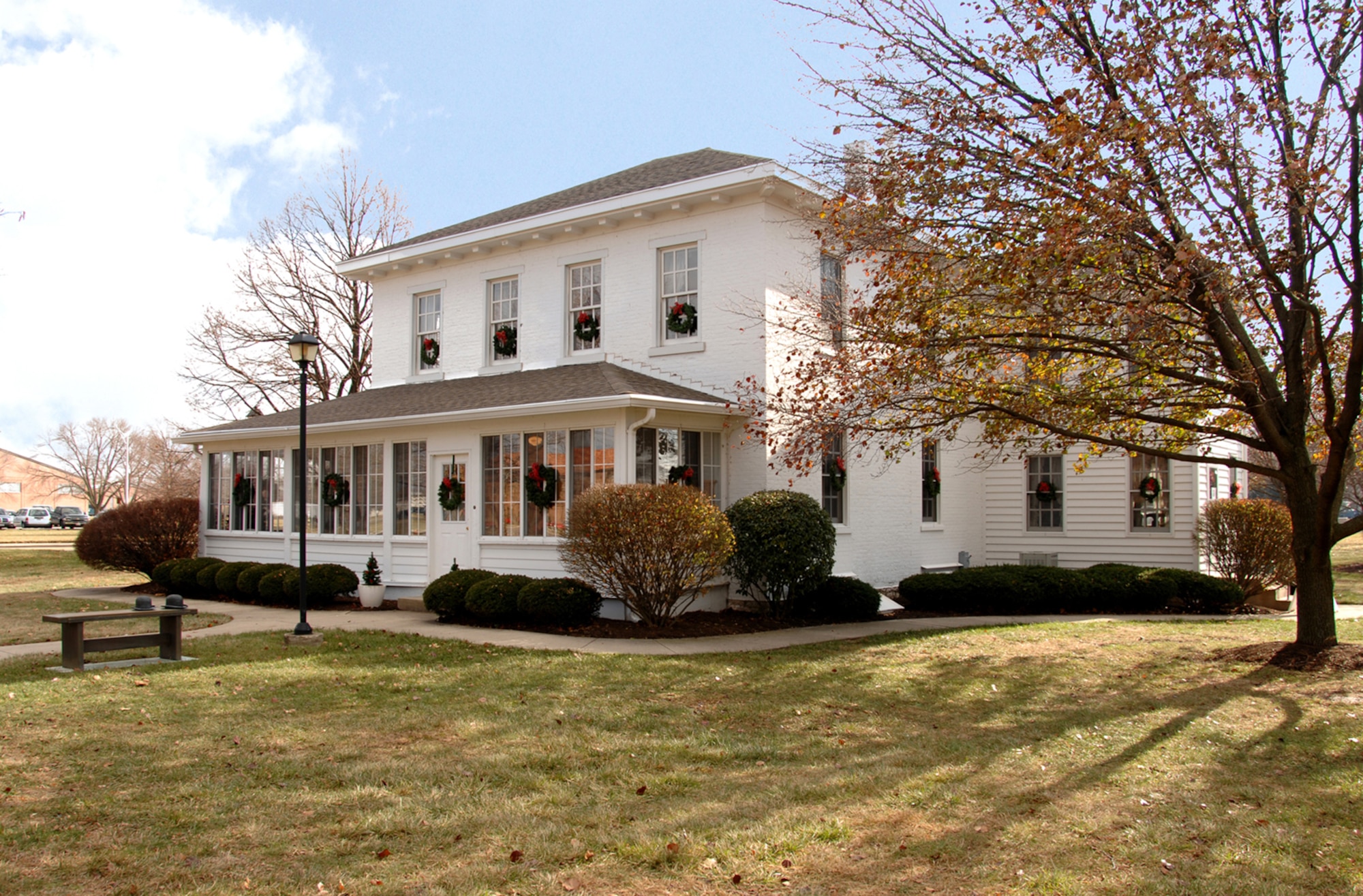In recent times, private plane flights have transitioned from being a luxury reserved for the elite to a more accessible mode of journey for a broader range of people and companies. This shift displays changing attitudes towards air travel, the evolving needs of passengers, and developments in aviation technology. This article explores the rise of private plane flights, the components contributing to their recognition, and the implications for the way forward for air travel.
The Evolution of Private Aviation
Traditionally, private aviation was synonymous with wealth and exclusivity. Celebrities, enterprise moguls, and excessive-profile politicians were often the one ones who might afford the exorbitant prices related to owning or chartering a private jet. Nevertheless, the landscape began to change in the early 2000s as the introduction of fractional possession and jet card packages made private flying more attainable. These models allowed people and corporations to purchase a share of an aircraft or pre-purchase flight hours, significantly lowering the monetary barrier to entry.
The financial downturn of 2008 initially hampered the private aviation market, with many owners opting to sell their jets. However, the next restoration noticed a resurgence in demand, driven by a rising middle class and a rise in global enterprise travel. The rise of online platforms that facilitate private jet bookings has also made it simpler for travelers to entry these companies, additional democratizing private aviation.
Components Driving Reputation
A number of key elements have contributed to the increasing recognition of private plane flights:
- Time Efficiency: One of many most significant advantages of private flying is the time saved. Private jets can access 1000’s of airports that business airways can not, permitting travelers to fly closer to their ultimate vacation spot. Moreover, private flights minimize the time spent in safety lines and boarding, enabling passengers to arrive simply minutes before takeoff.
- Flexibility: Private aviation provides unparalleled flexibility. Travelers can select their departure times, routes, and even the aircraft type, tailoring their journey to their specific wants. This degree of customization is particularly interesting for enterprise travelers who may must adapt their plans on quick notice.
- Well being and Security: The COVID-19 pandemic has heightened consciousness of well being and security in journey. Private planes provide a managed environment, reducing exposure to giant crowds and potential health dangers associated with commercial flights. Many travelers have turned to private aviation as a safer alternative throughout and after the pandemic.
- Luxurious Expertise: Private planes supply a degree of consolation and luxury that’s difficult to replicate in business aviation. From gourmet catering to customized service, the onboard expertise is tailor-made to the preferences of the passengers. Many jets are equipped with excessive-finish amenities, including spacious cabins, leisure methods, and even private bedrooms.
- Enterprise Effectivity: For corporations, private aviation generally is a strategic asset. The power to fly on to meetings or events can enhance productivity, permitting executives to maximize their time and decrease downtime. Moreover, the privateness of private flights can facilitate confidential discussions and negotiations.
The Position of Expertise
Advancements in expertise have also played a vital position in the growth of private aviation. The development of more gas-efficient jets has lowered operational costs, making private flying more economically viable. Moreover, the rise of digital platforms and apps has streamlined the booking process, permitting users to compare prices, verify aircraft availability, and book flights with just a few clicks.
Furthermore, innovations in aircraft design, such as the introduction of light jets and very mild jets (VLJs), have opened up new markets. These smaller, more inexpensive aircraft cater to a unique demographic, appealing to youthful travelers and people seeking a more price range-pleasant private flying option.
Environmental Issues
Regardless of the various benefits of private aviation, it is essential to handle the environmental concerns associated with flying. Private jets have a bigger carbon footprint per passenger compared to business airlines, resulting in criticism from environmental advocates. In response, the industry is taking steps to mitigate its impression, together with investing in sustainable aviation gas (SAF) and exploring electric and hybrid aircraft.
Many private aviation companies are additionally adopting carbon offset programs, allowing travelers to compensate for his or her emissions by investing in environmental projects. As sustainability turns into a more urgent difficulty, the private aviation sector might want to continue evolving to meet the expectations of environmentally aware travelers.
The way forward for Private Aviation
Looking ahead, the future of private plane flights appears promising. As technology continues to advance, we will anticipate to see extra efficient aircraft, improved booking platforms, and enhanced safety measures. The rise of urban air mobility, including electric vertical takeoff and landing (eVTOL) aircraft, may additionally revolutionize the way in which we predict about private journey, making it even more accessible.

Moreover, as the worldwide economy continues to get better and develop, the demand for private aviation is prone to grow. More businesses could recognize the worth of private flying as a tool for efficiency and productivity. When you loved this informative article and you want to receive more information relating to privatejetscharter.review i implore you to visit our internet site. Additionally, as younger generations with totally different travel preferences enter the workforce, the private aviation market could need to adapt to meet their expectations for convenience, sustainability, and personalization.
In conclusion, private plane flights have developed significantly over the past few decades, pushed by changing consumer preferences, technological advancements, and a growing emphasis on well being and security. Whereas challenges remain, significantly relating to environmental impression, the way forward for private aviation seems to be bright. As it turns into increasingly accessible and tailored to the needs of modern travelers, private flying might soon turn into a normal option relatively than a luxury reserved for the few.

